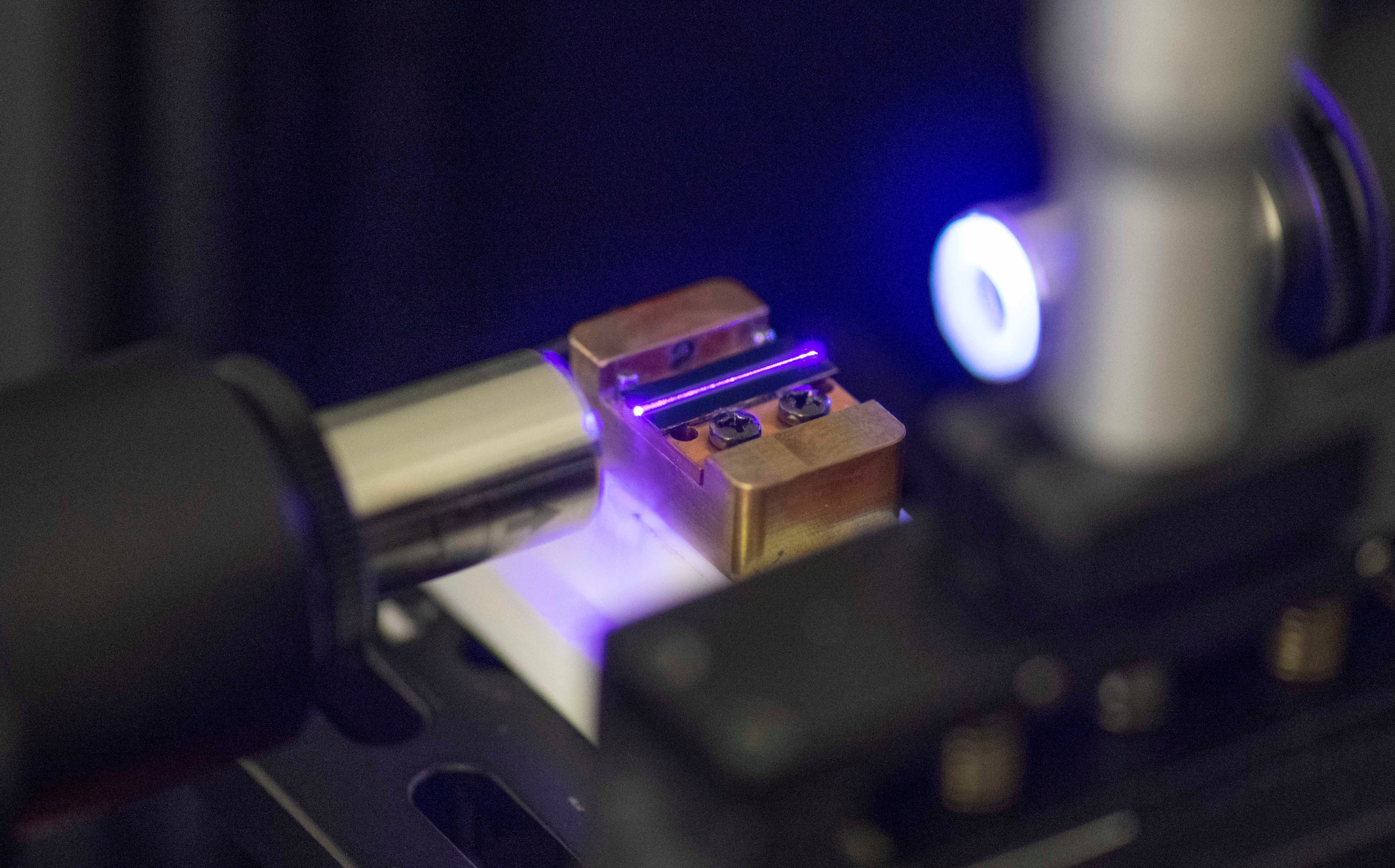The Independent's journalism is supported by our readers. When you purchase through links on our site, we may earn commission.
Why super-fast quantum computers could spell big trouble for the internet
The technology that underpins almost everything on the internet could come under threat from a new generation of computers. But security experts have a plan, writes Andrew Griffin

When Google announced in the summer that it would add an update to its Chrome browser, it sounded like many of its other incrediblly technical and specific changes.
"Chrome will begin supporting X25519Kyber768 for establishing symmetric secrets in TLS, starting in Chrome 116, and available behind a flag in Chrome 115," it wrote in a blog post. "This hybrid mechanism combines the output of two cryptographic algorithms to create the session key used to encrypt the bulk of the TLS connection."
Needless to say, this was not meant for your lay user. It was a high-level change, communicated in deeply technological language that betrays the complexity of the systems that underpin it. But while the change might be specialised, its ramifications could be vast: it is an attempt to address a problem that, if not fixed, could potentially undermine the security of the entire internet.
Subscribe to Independent Premium to bookmark this article
Want to bookmark your favourite articles and stories to read or reference later? Start your Independent Premium subscription today.
Join our commenting forum
Join thought-provoking conversations, follow other Independent readers and see their replies